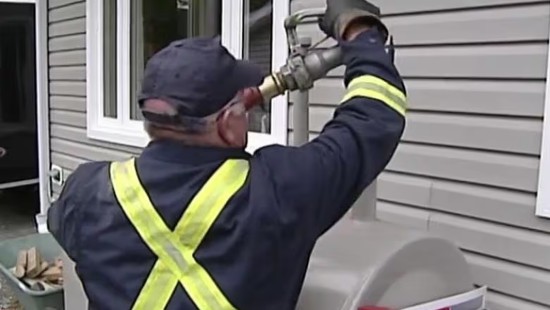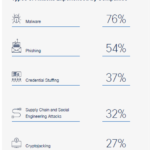If Canada is a model for implementing market-driven tools to move the global economy from its current carbon base to a clean future, then the world is in trouble. In the last week, the federal Liberal Party which holds the government reins, blinked on its pollution pricing policies because it feared being turfed from government in the next election.
The greatest challenge to representative democracies trying to address chronic or long-term problems is that they need to seek a mandate from their constituents every few years. In Canada’s case, the government is staying in power despite holding a minority of seats in the Parliament. It has an agreement with another party to keep it in office. Because Canada is a federation, the central government also needs to have cooperative agreements with the sub-jurisdictions which are provinces and territories within the nation.
Canada passed a law in 2018 putting a price on pollution. At the time Prime Minister Justin Trudeau stated that pollution always has a cost and it should no longer be free for industry, utilities, and others to pollute anywhere in the country. The initial price per ton of carbon pollution set by the federal government was $20 CDN. Provinces could collect the pollution levy or develop their equivalent programs. Every year through 2022, the levy increased by $10. Some provinces challenged the law but lost when Canada’s Supreme Court sided with the federal government.
Because the government is a minority it can be forced to quit if it loses a confidence vote in Parliament. If it stays in power until 2025 which is the current expiry date for its rule, the government will have to keep its members happy. Right now, Liberal members from the Atlantic provinces have become antsy because their constituents are complaining about the carbon levy on oil with the bulk of furnaces in that part of the country using it to heat homes. Losing those seats in a future election would mean the Liberals would be out of office.
Even though the next election could be two years away, the federal government decided to remove the levy from home heating oil, thus hoping to quell the complaints from voters in the Atlantic provinces. At the same time, the government announced it would help homeowners using oil to convert to heat pumps offering to pay for them. Of course, the people of Atlantic Canada may have trouble acquiring heat pumps and installers to put them into homes.
So here we have a government that has wrapped itself in green, sustainable policies, that is committed to mitigating climate change, backtracking on carbon pricing to pander for votes. In choosing this path, the federal Liberal Party is no different than the Conservative Party in the United Kingdom which recently announced a rollback of progressive climate change policy focused on converting cars and trucks from petrol and diesel to electricity and hydrogen.
In both countries, it is retail politics that has trumped good environmental policy. What does that say about the future commitment to mitigating climate change? For carbon pricing, the Canadian government has driven the first nail into its coffin. Based on the most recent polls in both Canada and the United Kingdom as well, the shelf life of these two governments doesn’t look long in the offing.
Of course, for the ultimate distraction, you can always look to foreign policy initiatives as a way to deflect the public from acts of domestic incompetence.
















